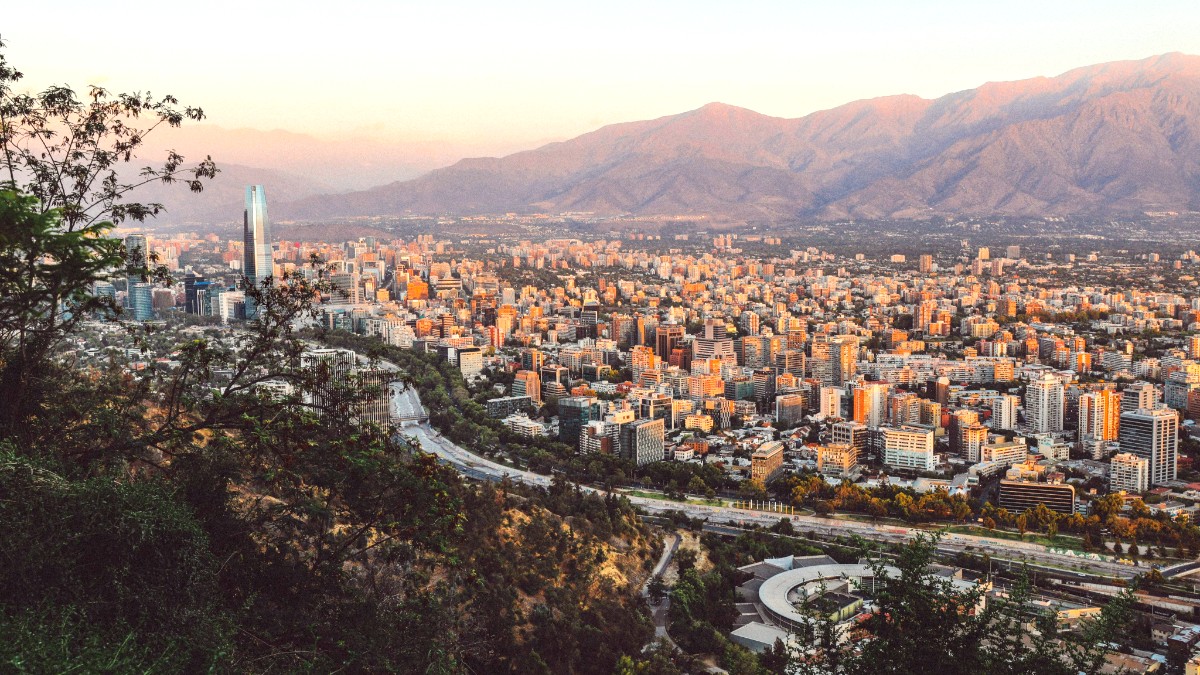
Chile
Protecting Chile’s natural beauty and resources for future generations.
Chile boasts numerous national parks and reserves. Support conservation by respecting rules, staying on marked trails.
Santiago’s recycling infrastructure improving. Look for separate bins for plastics, paper, glass, organic waste. Avoid littering.
Chile faces significant water stress. Be mindful of water usage during your stay. Take shorter showers, reuse towels, report leaks.
Making environmentally conscious decisions during your travel.
Look for hotels or guesthouses with environmental certifications or visible sustainable practices.
Addressing travel footprint and reducing waste.
Support brands committed to environmental and social responsibility.
Choose tour operators that prioritize the well-being of local communities and ecosystems.
Support conservation through conscious shopping that funds rainforest projects.
The Rainforest Site (GreaterGood)Conscious decisions regarding environmental impact, cultural sensitivity, and economic contributions for a positive visit.
Respectful engagement with local culture for a and more meaningful experience.
Support local artisans, cultural centers, and institutions that work to preserve Chilean traditions.
Mindful communication and behavior for positive exchanges.
Showing reverence and appropriate conduct when visiting sacred places.
Approaching discussions about historical and social issues with care.
Your travel choices directly foster the local economy.
Prioritize locally-owned restaurants, cafes, shops, and tour operators over international chains.
When buying souvenirs, look for "Comercio Justo" labels or buy directly from artisans (e.g., Pueblito Los Dominicos).
Seek out tours or experiences directly benefiting local communities in surrounding regions.
A respectful demeanor and cultural awareness enhance your travel and foster positive interactions with Santiago's community.
Your travel choices can have a direct positive economic impact on the local community.
Seek out tours or experiences directly benefiting local communities in the surrounding regions.
Prioritize locally-owned establishments over international chains.
Awareness of potential exploitation and harmful activities.
If you wish to donate, do so through established and reputable local charities or non-governmental organizations (NGOs).
Reputable organizations ensure aid reaches those most in need effectively and sustainably.
Giving directly to beggars may not address systemic issues effectively.
Identify organizations with transparency and local impact.
Supporting sustainable practices and avoiding exploitation contributes positively to the local community and environment.
Your visit to Santiago can be a positive force for cultural preservation, environmental protection, and local economic betterment through mindful choices.